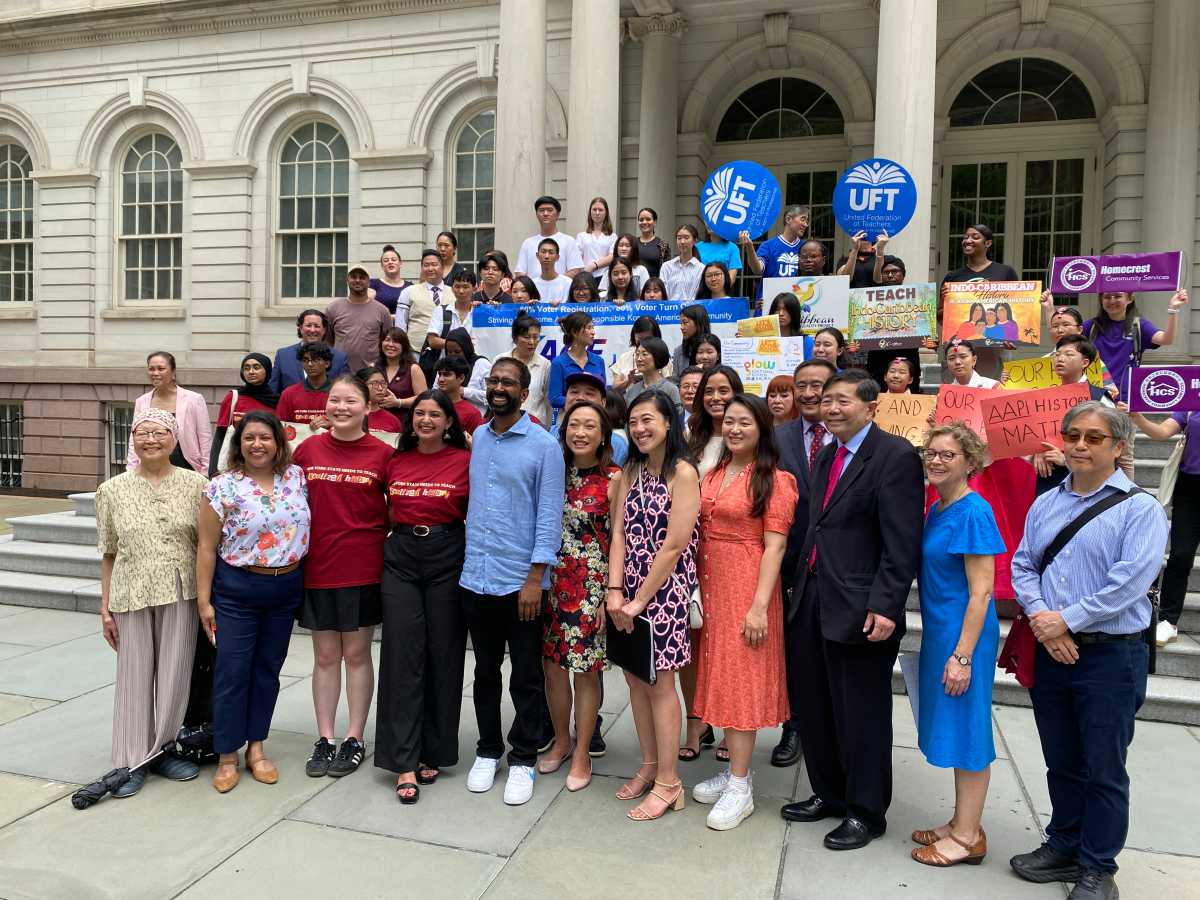The arc of history runs through the conflicts that ravage the world. War defines our times.
For more than a half-century, the United States was shaped by the Cold War. President Barack Obama invoked its specter yesterday in eloquently calling for the United States and Cuba to bury its remnants. But as he spoke in Havana, split-screen TV broadcasts carried images from another seemingly endless confrontation that defines us today — radical Islamic terrorism, seen in the carnage in Brussels.
It was an extraordinary juxtaposition of hope and horror. But also implicit in those images was a warning about isolation — the isolation of Cuba that did nothing to resolve its problems, the isolation of young Muslims in Europe’s cities that fuels their malevolent discontent, and the isolation that some American leaders urge our country to adopt in the face of potential threats to our homeland. We must resist that call.
It is appealing for some to think, as Donald Trump has suggested, that we can bomb Islamic terrorists into obliteration, shut our borders, pull back from the world and hide within our shores. It also is naive, and wrong.
Americans have legitimate fears. We experienced the worst terrorist attack in modern history. If those fears are not addressed, Trump fills the void. How can we better protect ourselves from the Islamic State threat? What can we do to resolve the crisis in Europe that has ravaged the capitals of Belgium and France? Until those questions are answered credibly, Trump and Ted Cruz, who in response to the attacks called for securing and patrolling Muslim neighborhoods, will drive this debate. In complex times, simplistic solutions are alluring.
But they won’t work. The world is too messy and too complicated. The war against terrorism never will be won by withdrawing.
It requires cultivating informants and infiltrating networks more effectively, and constant surveillance. That means lots of money, manpower and time. And luck — authorities knew attacks were imminent, but couldn’t stop them. It means stopping the flow of money that funds the jihadists, and improving cooperation between European security agencies that only now realize the folly of not doing so. The folly, that is, of isolation. But dealing honestly with terrorism also means acknowledging we must live in its shadow. That’s difficult. Once we had Cold War missiles pointed at us. That was an existential threat but harder to feel in the gut. Instead of Russian spies, now we worry about lone wolves. And the targets are subways and airports and nightclubs and restaurants in Western Europe that are recognizable to us.
A terrorist bombing on Wall Street once led to an editorial in a Washington, D.C., newspaper about how “the alien scum from the cesspools and sewers of the Old World has polluted the clear spring of American democracy.” It was 1920. The editorial was about Italians. And it urged closing Ellis Island to the “fresh hordes” from Europe. Retreat was absurd then, and its echoes are absurd now.
Obama said the barriers of history and ideology can lead to conflict and exile. He spoke of 50 years of relations with Cuba. But he could have been talking about Iraq and Syria today. That’s a lesson we must learn as we decide how we will define our times. — The editorial board






































